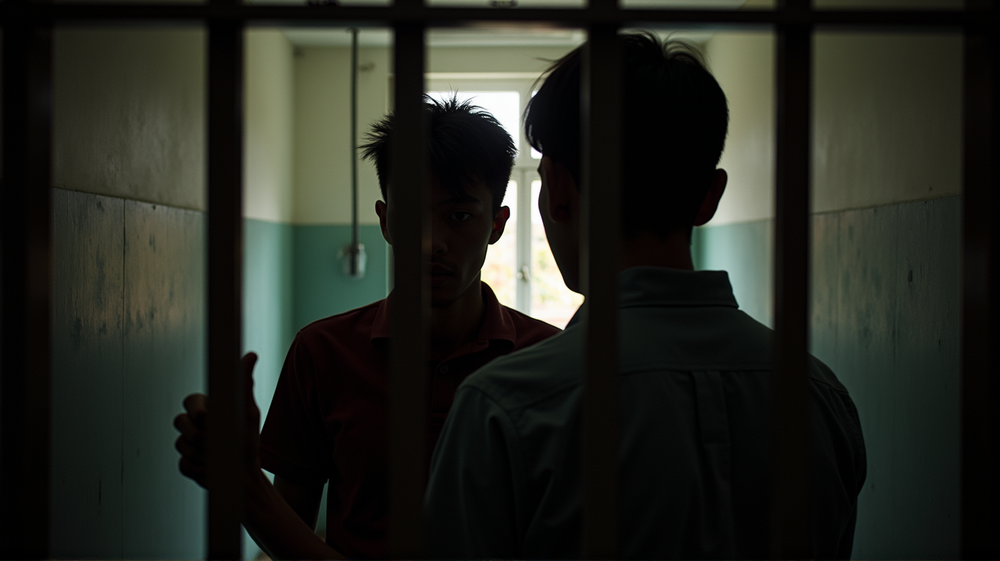In a powerful call to action, Amnesty International has raised urgent concerns about the health of imprisoned Vietnamese human rights defender Can Thị Theu. In a detailed letter addressed directly to Vietnam’s President, the organization has amplified the need for her immediate release, citing life-threatening medical neglect. According to JURIST Legal News, Can Thị Theu’s health has been a significant concern since her incarceration, with reports of chronic ailments exacerbated by deplorable prison conditions.
A Disturbing Picture of Prison Life
Amnesty paints a grim picture of the ill treatment Can Thị Theu endures, including restricted access to basic necessities like food and water and a stark lack of medical care. The organization brings to light how Theu, a key figure in Vietnam’s land rights movement, has faced punitive measures, including torture and inadequate healthcare, jeopardizing her well-being. Without urgent medical intervention and improved living conditions, Theu’s life hangs in the balance.
An Activist in Dangerous Waters
Known for her relentless advocacy on sensitive issues such as land grabs and human rights abuses, Can Thị Theu has become a target of governmental ire. Her fearless documentation of conflicts and police actions has placed her family under severe scrutiny and surveillance. Her arrest under controversial sections of Vietnam’s Criminal Code underscores a wider crackdown on dissent and expression.
Amnesty International’s Urgent Plea
Highlighting her status as a prisoner of conscience, Amnesty calls on international bodies to pressure Vietnam to adhere to global human rights standards, especially the UN Standard Minimum Rules for the Treatment of Prisoners. The organization urges that Theu’s release is not only just but essential, given her right to health and freedom of expression.
Vietnam’s Ongoing Human Rights Battle
The human rights spotlight remains fixed on Vietnam as international entities critique its aggressive stance against activists. Human Rights Watch and other organizations have previously issued warnings and calls for reform, pointing to systemic issues that threaten freedom and safety within the country.
Without a shift in Vietnam’s approach to prisoners of conscience, Can Thị Theu’s plight may continue to reflect broader struggles facing activists. As stated in JURIST Legal News, it remains crucial for global actors to advocate for her release and healthful conditions, reiterating the call for justice and humane treatment.













